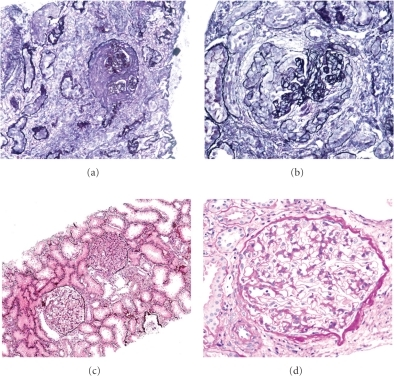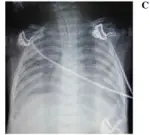IgA deficiency is a disease is of low or absent immunoglobulin A (IgA). IgA is normally found in mucous membranes, mainly in the respiratory and digestive tracts. IgA is also normally found in saliva, tears, and breastmilk. A deficiency of IgA seems to play a part in asthma and allergies.
What is the Pathology of IgA Deficiency?
The pathology of IgA deficiency is:
-Etiology: The causes of IgA deficiency are intrinsic defects in B cells, anomalies in T-cell help, alterations of the cytokine network, and others. Drugs known to cause IgA deficiency include: Sulfasalazine, Phenytoin, Valproic acid, Thyroxine.
-Pathogenesis: The sequence of events that lead to IgA deficiency is a maturation defect in B cells to produce IgA. The defect appears to involve the stem cells since IgA deficiency can be transferred by bone marrow transplantation. The causes of selective IgA deficiency are unknown. IgA deficiency is likely due to a variety of causes, and this explains why the symptoms or health problems may vary widely from individual to individual.
-Morphologic changes: The morphologic changes involved with IgA deficiency are alterations in transmembrane activator and calcium modulator and cyclophilin ligand interactor gene. Major histocompatibility complex haplotypes have also been associated with susceptibility to IgA deficiency.
How does IgA Deficiency Present?
IgA deficiency disease typically involve males as compared to females. The symptoms features, and clinical findings associated with IgA deficiency include are very subtle, most people with an IgA deficiency don’t have any noticeable symptoms or the health problem. IgA deficiency is usually found on a blood test.
How is IgA Deficiency Diagnosed?
IgA deficiency is diagnosed by blood tests that check for an IgA deficiency with normal levels of other immunoglobulins.
How is IgA Deficiency Treated?
IgA deficiency has no specific treatment. Prophylactic antibiotics may be helpful in patients with recurrent sinopulmonary tract infections due to IgA deficiency.
What is the Prognosis of IgA Deficiency?
The prognosis of IgA deficiency is good in most cases. Respiratory infections and autoimmune disease associated with IgA deficiency may be symptomatically treated. A few patients with IgA deficiency presenting in childhood may recover spontaneously; other patients may develop common variable immunodeficiency (CVID).



